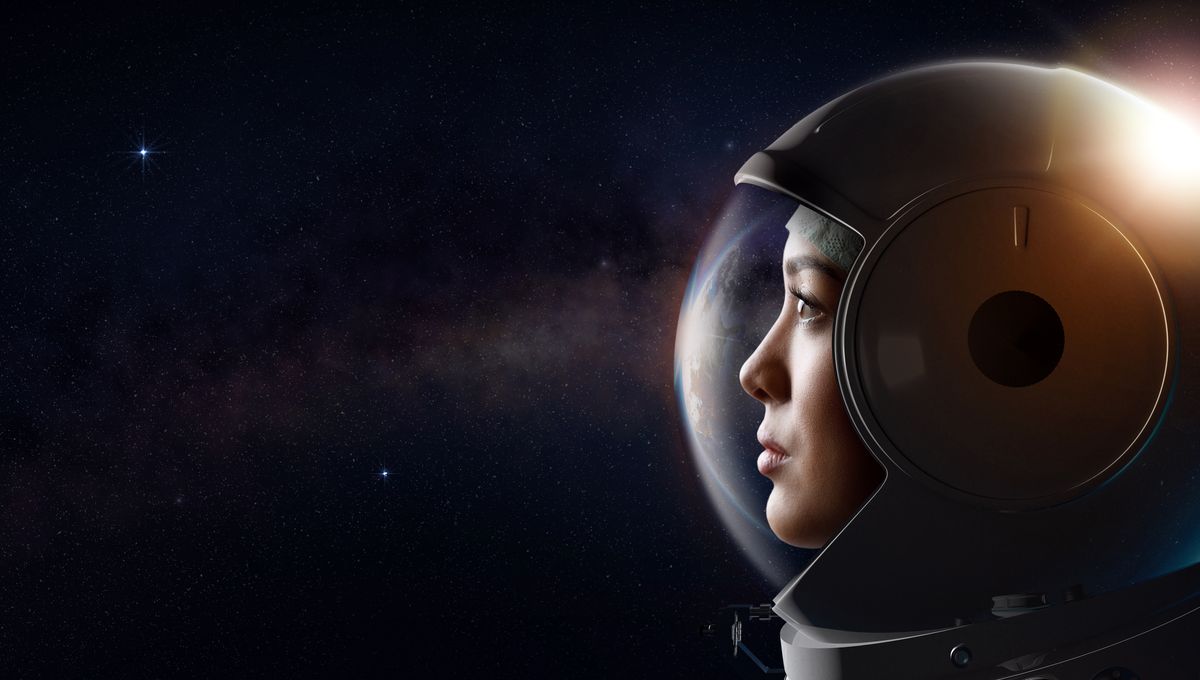
We’ve said it before and we’ll say it again: women make better astronauts (according to science). Now, thanks to a recent study on the effects of space travel on the human immune system, we have all the more reason to believe that female folk may be more tolerant to the stresses of space than men.
Granted, the study was very small and the findings are preliminary, but as its authors write, it does suggest that “males appear to be more affected by spaceflight, for almost all cell types and metrics.”
The researchers were attempting to understand how the unique conditions of spaceflight – including microgravity, fluid shifts, and radiation – impact astronauts’ immune responses. To do so, they focused on people who were part of the SpaceX Inspiration4 mission in 2021 – the first all-civilian mission to orbit.
Overall, they found “conserved and distinct immune disruptions”. For example, markers related to inflammation, aging, and muscle homeostasis had changed after spaceflight and they identified what they call a “spaceflight signature” of gene expression. In short, space can have a big impact on the body.
But they also noticed some interesting sex-dependent differences in response to spaceflight, which is an area of research that has been largely neglected.
“Sex-specific variation in immune response is frequently observed in clinical settings, but poorly understood, and this phenomenon has yet to be investigated in-depth at the single-cell level during spaceflight,” the team write. To change this, they examined the immune responses of two men and two women who were part of Inspiration4, and compared with data from 64 NASA astronauts.
Males, they found, experienced greater disruption to gene expression following spaceflight, with more differentially expressed genes – genes that show significant differences in expression levels between two or more groups – and a slower recovery to the baseline of this expression. Proteins, including IL-6, IL-8, and fibrinogen – which have important roles in infection defense, inflammation, and blood clotting, respectively – were also found to have sex-specific differences following spaceflight.
“The aggregate data thus far indicates that the gene regulatory and immune response to spaceflight is more sensitive in males.”
The reasons behind this difference are not yet clear, but senior author Professor Christopher Mason suggests it could have something to do with having a body primed for pregnancy. “Being able to tolerate large changes in physiology and fluid dynamics may be great for being able to manage pregnancy but also manage the stress of spaceflight at a physiological level,” he told the Guardian.
Whatever the reason, the study’s findings have important implications for future space travel, which could mean we see the gender gap in space – only 11 percent of the world’s astronauts are women! – redressed.
“More studies will be needed to confirm these trends,” the researchers conclude, “but such results can have implications for recovery times and possibly crew selection (e.g., more females) for high-altitude, lunar, and deep space missions.”
The study is published in Nature Communications.
Source Link: Do Women Make Better Astronauts? They Might Be More Tolerant To Spaceflight